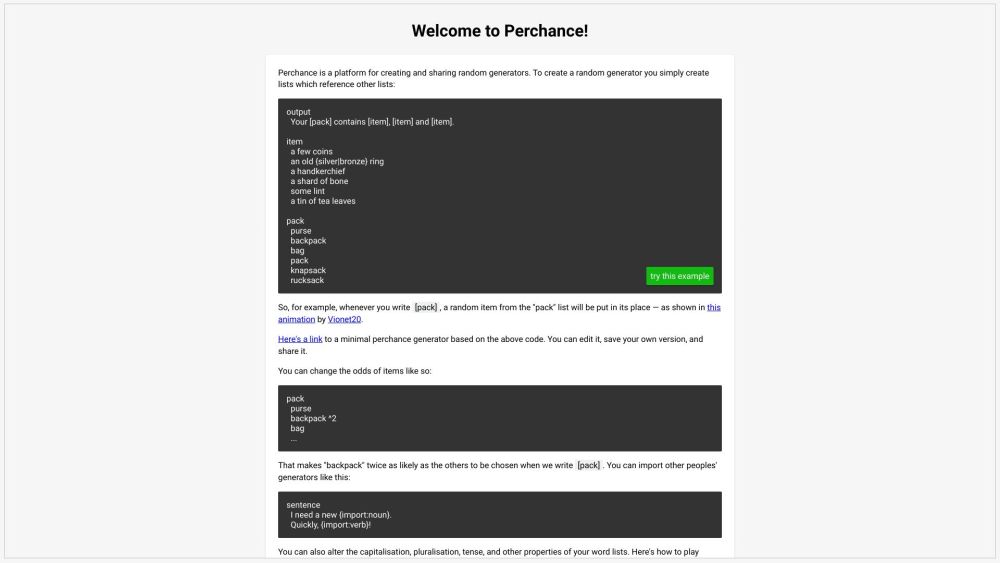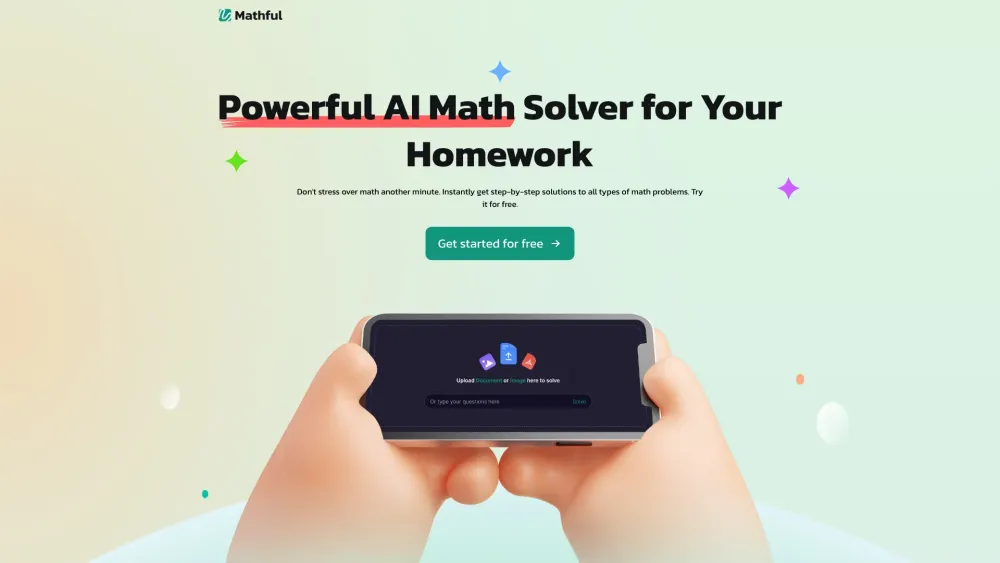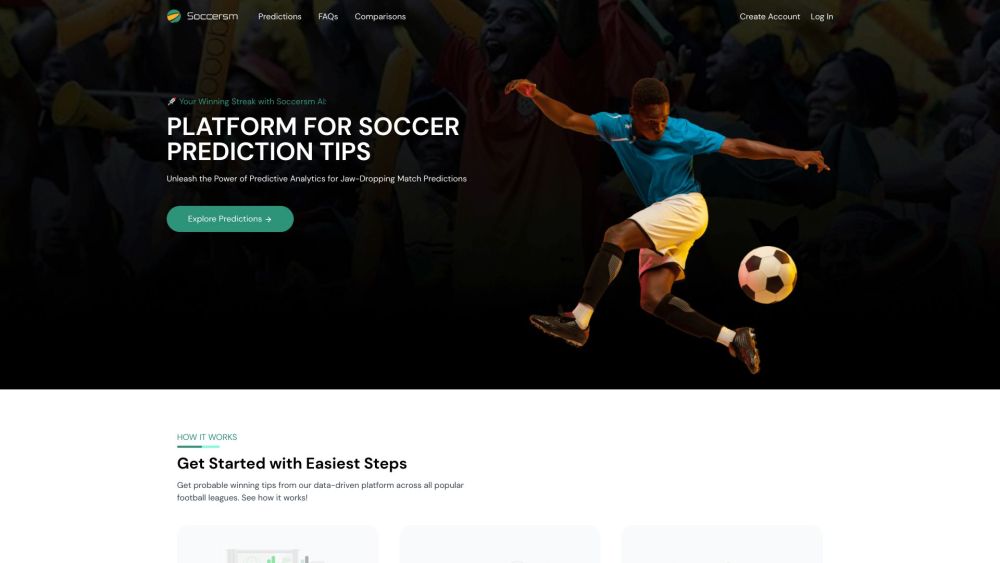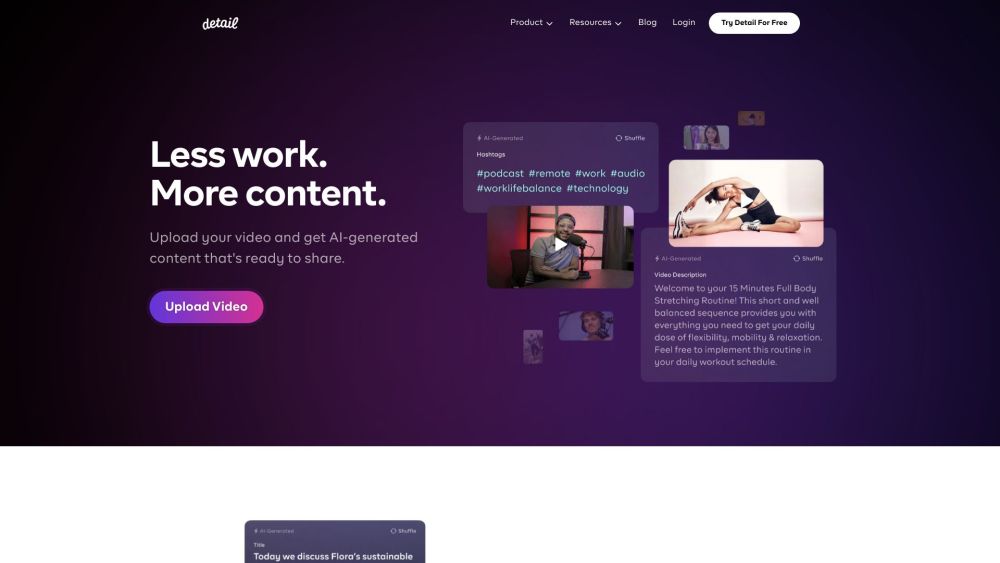Kevin Frazier is dedicated to broadening the discourse around artificial intelligence (AI) governance by integrating diverse perspectives into critical conversations. As an assistant professor of law at St. Thomas University, he is leading an initiative to develop innovative legal educational tools tailored for the AI sector. Frazier emphasizes that fostering global cooperation is essential for addressing the complex societal ramifications of AI.
In a recent interview, Frazier highlighted his efforts to create an open-source legal syllabus that provides comprehensive teaching materials on AI, law, and policy. He noted, “Without a foundational understanding of AI model construction—what inputs and outputs are involved—you need that background to engage effectively in AI governance discussions.”
The modular curriculum encompasses foundational AI concepts, potential risks, and legal frameworks, featuring lectures from leading scholars. Frazier aims to promote informed, multidisciplinary dialogue to establish robust oversight mechanisms.
Drawing lessons from parallel technologies, Frazier envisions his syllabus as a "living document" that fosters principles-based solutions. By inviting global participation, these initiatives are poised to guide responsible advancements in technology as it transforms society.
Frazier has observed that current AI discourse often emerges from “a pretty exclusive group.” He recognizes the urgent need for inclusive and representative dialogue, especially given the technology's profound implications.
He stated, “The governance efforts so far have largely come from a narrow set of voices, often dominated by self-regulating CEOs," asserting that insights from a diverse array of knowledgeable stakeholders are essential.
Frazier’s ambition is to cultivate informed global perspectives. He remarked, “To govern AI in a way that reflects its unique risks and benefits, we must expand our research agenda to include varied voices.”
The open-source syllabus serves as a foundation for this expertise. “This evolving template aims to create a community of scholars, ensuring that all students—whether at St. Thomas University or Harvard Kennedy School—are prepared to contribute to AI governance discussions,” he explained.
Learning from Parallel Technologies
Frazier draws parallels between AI and other emerging technologies, such as geoengineering, which poses complex risks through large-scale environmental changes. Like AI, geoengineering strategies aimed at mitigating climate change—such as solar radiation modification—can have extensive and unpredictable consequences.
He pointed out that, similar to early AI policy discussions, geoengineering debates have involved a limited range of voices. The legal and regulatory communities have struggled with the complexities of the technology due to a lack of insights from scientific experts.
This gap in understanding hinders effective governance frameworks, making it evident that AI, which has the potential to disrupt various sectors, requires expert-informed guidance.
Frazier’s open-source syllabus seeks to enhance understanding of AI systems to encourage the inclusive, multidisciplinary conversations necessary for developing appropriate governance structures.
A Call for Broader Representation in AI
In facing the challenges of AI governance, Frazier is motivated by calls for greater inclusivity in global discussions. A particularly impactful moment came when a Tanzanian Member of Parliament urged scholars to actively seek participation from communities in the Global South. These regions, profoundly affected by AI, often lack representation in governance decisions.
This perspective reinforced Frazier’s commitment to involving diverse communities in the conversation, emphasizing that inclusivity is crucial for shaping a more equitable AI landscape.
Partnerships and Business Engagement Essential for Progress
Frazier’s open syllabus illustrates his vision of collaborative progress through partnerships. By connecting AI policy educators and providing accessible resources, the initiative strives to facilitate knowledge sharing that supports inclusive governance.
The modular approach allows for ongoing contributions from various institutions, with support from organizations such as the Legal Priorities Project and the Center for AI Safety.
Frazier also highlights the importance of engaging business leaders, as their involvement will help shape rules with long-term implications for operations and innovation. By ensuring a wide-ranging dialogue, Frazier aims to create a future where AI governance is informed by diverse, global insights.





